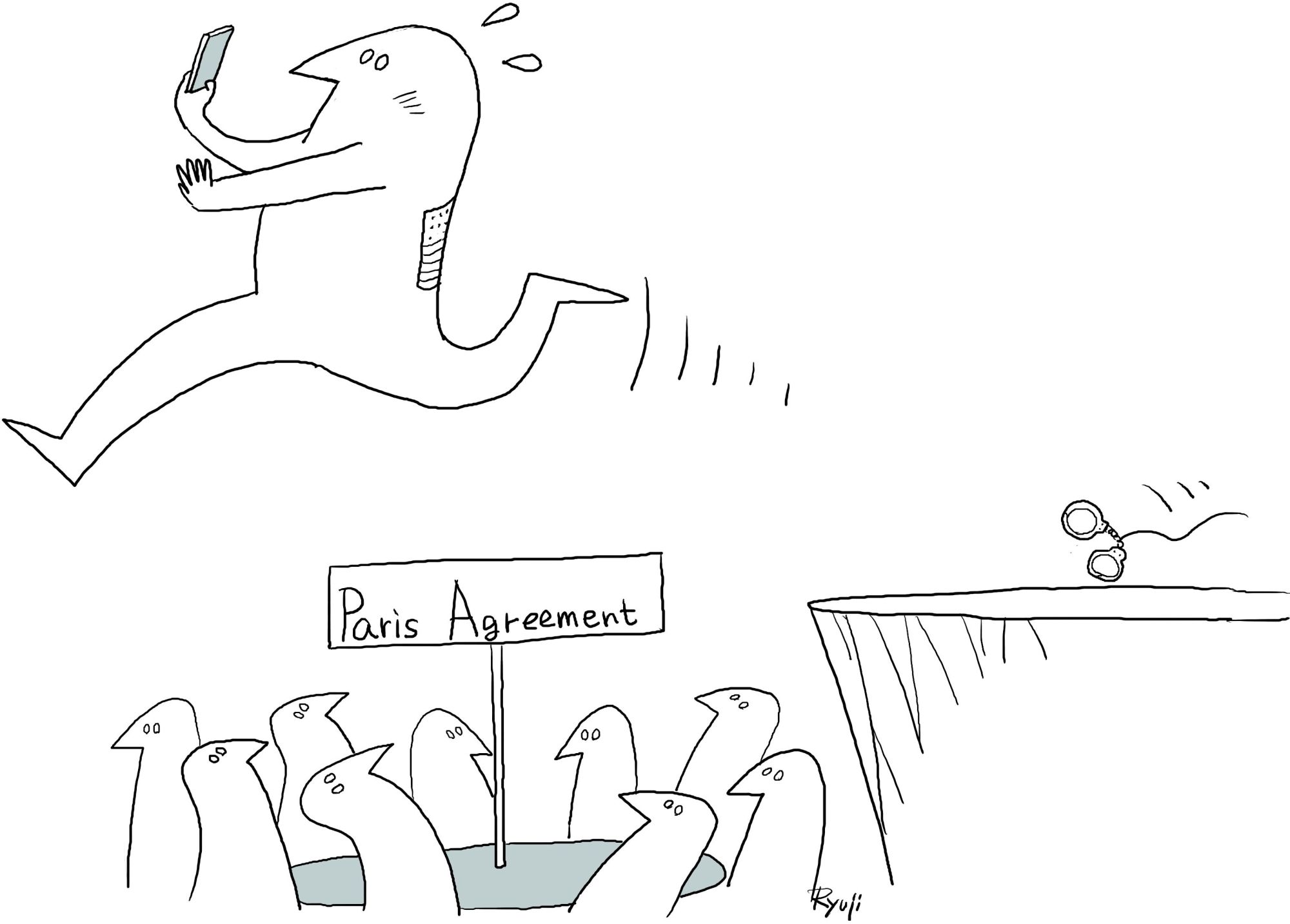I wrote in this column on April 19 that although anything could happen, it appears all but certain that U.S. President Donald Trump "will dare choose to withdraw from the Paris climate agreement as long as he sticks to his populism." Sure enough, he publicly announced on June 1 that the United States was abandoning the accord.
Between May and June, significant changes were triggered in U.S. public opinion about Trump by suspicions surrounding "Russiagate." On May 9, Trump suddenly fired James Comey, director of the Federal Bureau of Investigation, who had been probing allegations that the Russian government resorted to acts that would favor the Trump campaign in the 2016 U.S. presidential race. Based on notes he took during his one-on-one meeting with the president, Comey testified before Congress that Trump persistently urged him to stop looking into allegations surrounding former National Security Adviser Michael Flynn and to clarify whether the president himself was a subject of investigation.
In the United States, obstruction of justice on the part of the president is a grave matter. On May 17, the Justice Department launched investigations into Russiagate, including the possibility of obstruction of justice by the president, as Deputy Attorney General Rod Rosenstein appointed Robert Mueller, a former FBI director, as special counsel. If confirmed, it could potentially result in Trump's impeachment.


















With your current subscription plan you can comment on stories. However, before writing your first comment, please create a display name in the Profile section of your subscriber account page.